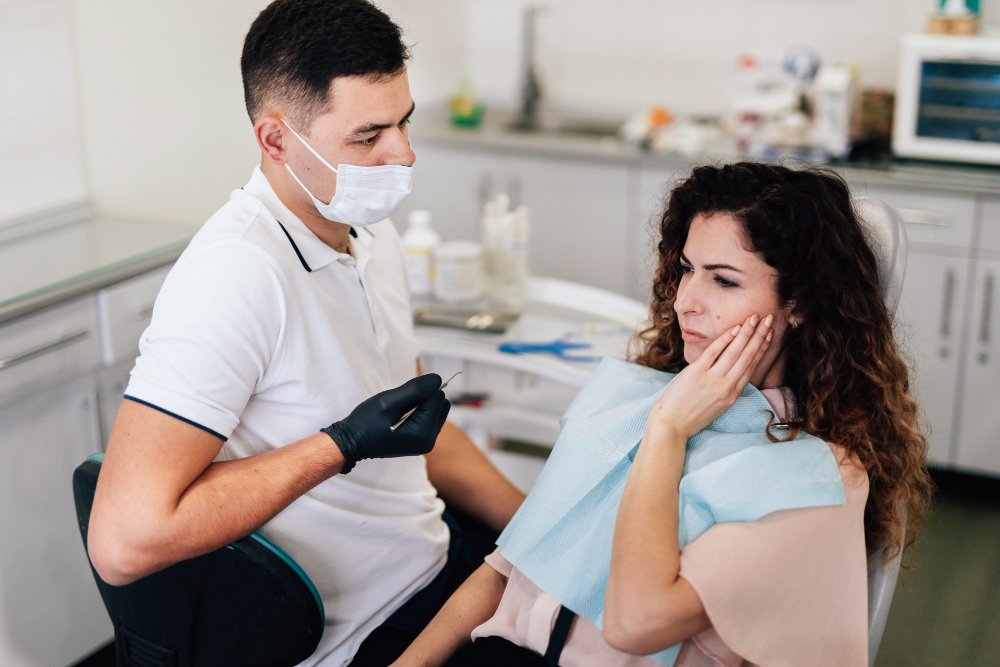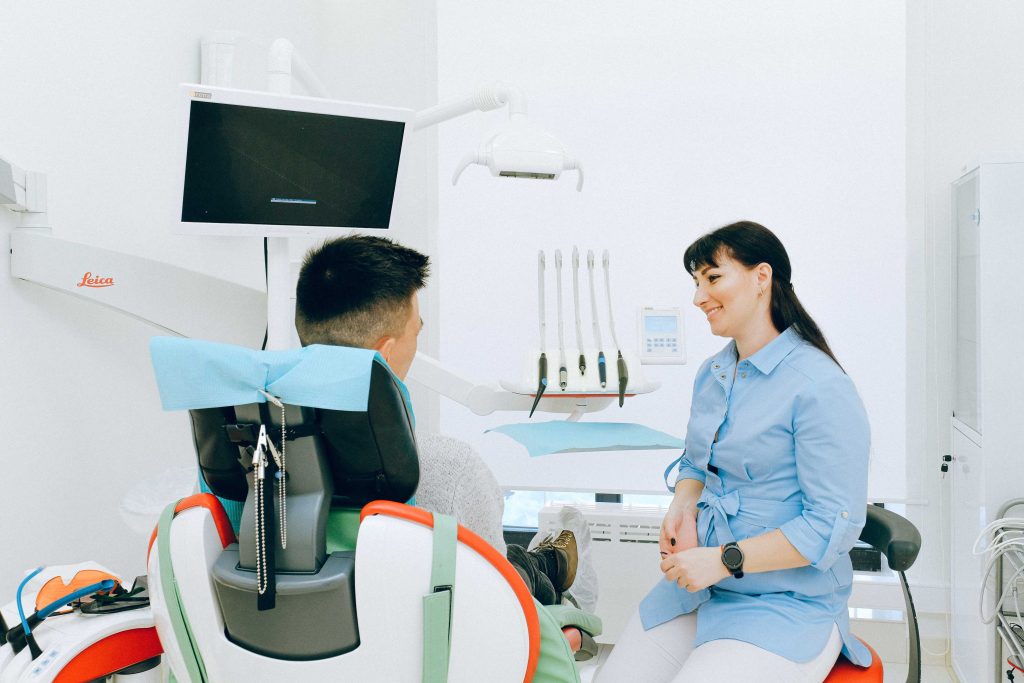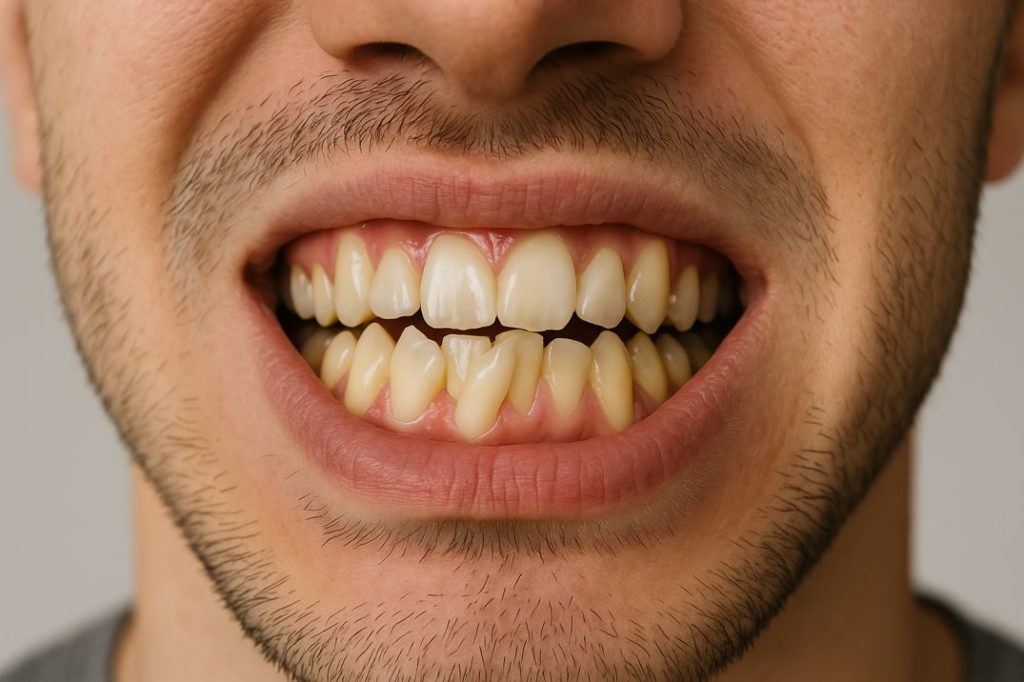Keeping your mouth healthy doesn’t stop when you leave the dentist’s chair. Regular appointments with your dentist in Bundoora are important, but what you do every day at home has the biggest impact on your oral health. Whether you’re managing braces with an orthodontist, planning for teeth whitening, or simply aiming to maintain your current smile, these simple habits can make a big difference.
At Greenwood Plenty Dental Care, we guide patients with practical, easy-to-follow advice that helps prevent dental issues between visits. Below are five essential tips to help you maintain strong teeth and healthy gums every day.
1. Brush and Floss with Care and Consistency
Good oral hygiene begins with brushing twice a day and flossing at least once. Use a soft-bristled toothbrush with fluoride toothpaste to gently clean all surfaces of your teeth. Take your time—brushing should last for two full minutes. Make sure to replace your toothbrush every three months or sooner if the bristles look worn.
Flossing is just as critical. It removes plaque and food debris stuck between your teeth—places where your toothbrush can’t reach. It also helps prevent gum disease and bad breath.
For families, getting kids into a routine early is important. Visiting a kids dentist can help your child develop strong brushing and flossing habits in a fun, educational way.
2. Watch What You Eat and Drink
Diet plays a major role in oral health. Sugary foods and acidic drinks contribute to plaque formation and enamel erosion. Try to limit:
- Soft drinks and sports drinks
- Lollies, chocolates, and baked treats
- Acidic fruits like lemons or grapefruits
Instead, focus on foods that are good for your teeth, such as:
- Crunchy fruits and vegetables (like apples and carrots)
- Dairy products for calcium and phosphates
- Whole grains and nuts for essential nutrients
Drinking plenty of water throughout the day also helps wash away food particles and balance the pH in your mouth.
3. Don’t Ignore Dental Problems
Tooth pain, bleeding gums, or increased sensitivity shouldn’t be ignored. Early attention often prevents bigger issues from developing. Delaying treatment could result in more complex procedures like a root canal treatment or even tooth loss.
If you notice a sudden issue—like a chipped tooth, swelling, or discomfort—an emergency dentist can help address it quickly. Timely care can save your tooth and prevent further complications.
4. Avoid Smoking and Excessive Alcohol
Tobacco use and heavy alcohol consumption are major risk factors for gum disease, tooth decay, and even oral cancer. Smoking reduces your mouth’s ability to heal and fight infection, while alcohol increases the risk of dry mouth and enamel erosion.
Quitting or reducing these habits can significantly improve your overall and oral health. Your general dentistry team can provide tips and resources to support your journey to better habits.
5. Stick to Regular Check-Ups and Cleans
Routine check-ups are your first line of defence against serious dental problems. Professional cleans remove tartar (hardened plaque) that can’t be removed with brushing alone. Your dentist also checks for early signs of cavities, gum disease, or other concerns before they worsen.
If you’re undergoing treatment with an orthodontist or are interested in cosmetic services like teeth whitening, regular appointments help track your progress and keep your mouth in top shape.
Bonus Tip: Make Oral Care a Family Priority
Oral health is a lifelong commitment, and the best results come when the whole family is involved. Talk to your children about good hygiene, lead by example, and ensure everyone in your household is attending their appointments.
When choosing a dentist near me, it’s helpful to find a practice that offers complete care for patients of all ages. At Greenwood Plenty Dental Care, we support families across Bundoora and nearby areas with personalised dental solutions and a warm, welcoming approach.
Greenwood Plenty Dental Care is committed to helping you maintain excellent oral health between visits. Whether you’re due for a check-up, need an emergency appointment, or want to improve your smile, our experienced team is here to help. Call us on (03) 9466 7843 to book your next appointment and experience stress-free, comprehensive care in Bundoora.













